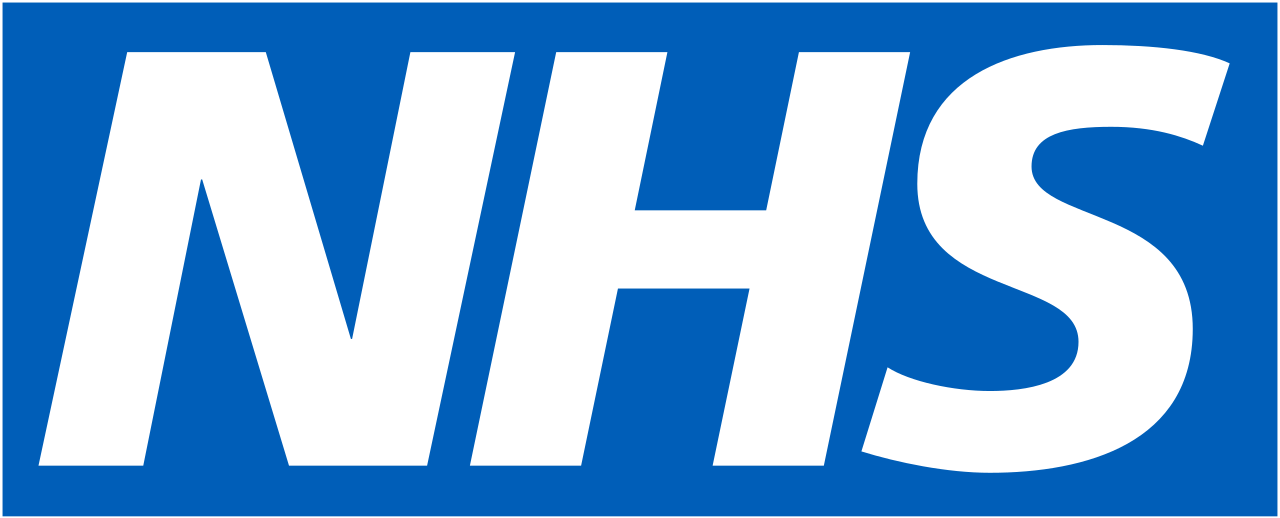Improving Wound Care
First Tranche Implementation Sites
The NWCSP is working with a number of organisations to identify the most effective ways to implement the NWCSP Lower Limb recommendations.
NWCSP Interim Evaluation Highlights – Download
We have made this version of the interim evaluation available to aid others who may be considering or are implementing the recommendations.
Please note that it is an interim evaluation of the work being undertaken by the First Tranche Implementation Sites (FImpS) and the Programme’s workstream which are enabling them. It was commissioned to support the NWCSP to review the progress that has been made to date, and to identify any key lessons learned to inform how the Programme’s enabler workstreams continues to support the work of the First Tranche Implementation sites. The information it contains should be read in that context.
A final evaluation of the FImpS is being conducted to validate the assumptions in the Programme’s Lower Limb Implementation Case.
Our sites include
Kent Community Health NHS Trust
Kent Community Health NHS Foundation Trust will be working with their linked Primary Care Networks using improvement methodology in cross organisational working. KCHFT has selected wound care as a priority area for improvement as they believe the opportunities to impact meaningfully on patient outcomes, patient experience and effective use of resources are significant. They are building on several established wound medicine centres and seeking to implement the LL pathway across community teams (nursing, podiatry, lymphoedema) using technology to support better care and review patient outcomes.
Hull University Teaching Hospitals Trust & City Healthcare Partnership
A team from Hull University Teaching Hospitals and the City Health Care Partnership Hull will be working in a partnership model – Piloting digital solutions and a fully integrated system of community and trust based MDT clinics to develop seamless referrals from community podiatry and tissue viability to weekly Specialist MDT Clinics across 7 treatment rooms in Hull.
Manchester Foundation Trust
A team from Manchester University NHS Foundation Trust, Manchester Local Care Organisation, the University of Manchester, and Health Innovation Manchester will be working on a System-level plan to improve the outcomes of people with and at risk of lower leg wounds. The team will develop and evaluate integrated pathways for both foot and leg ulcers as well as chronic oedema/lymphoedema and wish to incorporate digital and education elements to maximise success.
Wye Valley NHS Trust
Wye Valley NHS Trust is an acute and community trust and are expanding their Specialist Lower Limb nursing team. They work closely with vascular services from outside the county and work cross functionally with many services (Acute, Community, PCNs, Lower Limb Services). Wye Valley Trust are investing in Chronic Oedema Ambassadors, Train the Trainer and leg ulcer management days throughout the county to ensure correct uptake of the pathways and the new services.
Mid and South Essex (MSE) Community Collaborative
MSE Community Collaborative is comprised of three community providers and is hosting the MSE lower limb wound care transformation programme on behalf of their Integrated Care System, the MSE Health and Care Partnership. The immediate phase of their work will see their clinical leads piloting new and standardised ambulant lower limb wound pathways across their localities. As part of this work, their programme team will be piloting digital app technology and will be seeking to standardise and improve wound care data and reporting processes in line with the other national sites. Subsequent phases will see the learning from their ambulant pathways inform wider lower limb wound care pathway developments with primary care and their community nursing teams. Throughout their 24 month programme, there will be ongoing consultation with multiple stakeholders including PCNs, secondary care, mental health, social care, voluntary organisations and patients as the MSE system works together to build a collaborative model that meets the needs of their local populations.
Livewell Southwest
Livewell Southwest is proud to be a First Tranche implementation site for the National Lower Limb Guidelines. They are a community interest company providing integrated physical health, mental health and adult social services across Plymouth, South Hams and West Devon.
They have taken significant steps towards the digitisation of their wound pathways and currently use a smartphone app to scan the wounds of over 300 people per week across a range of services. They would like to use this opportunity to support their services to embed the guidelines and to use reliable clinical information from their digital wound platform at both clinical and strategic levels to optimise the outcome for people with lower limb wounds.
Central and North West London NHS Foundation Trust
Central and North West London NHS Foundation Trust (CNWL) will work with Hillingdon Health and Care Partnership (see below), Primary Care Networks, hospitals, patients and carer groups, using QI methodology to embed the lower limb pathway as part of best practice.
CNWL selected wound care as a priority area for improvement as they believe the opportunities to improve patient outcomes, patient experience and effective use of resources are significant.
They are building on several established services and partnership working, using digital technology and QI to all community teams (nursing and podiatry) to support an innovative Wound Care Service, fit for the future, meeting the demands of our population.
HHCP brings together hospital, GP, community and voluntary sector services to provide more seamless care for older people in Hillingdon, with the aim of preventing hospital admissions, looking after older people in their own homes through care connection teams. HHCP is a collaborative of Hillingdon Hospitals NHS Foundation Trust, CNWL, H4All (Hillingdon for All), a partnership of voluntary sector health care providers; and Hillingdon’s GP Federation.
CQUIN
Leg ulceration is included in the 2023/24 CCG CQUIN scheme. The leg ulcer CQUIN is for all providers of community nursing services and addresses assessment, diagnosis and treatment of leg ulcers.
These resources have been brought together to support those involved in CQUIN implementation.
Improving Lower Limb Care Webinar
In this webinar, our team introduce the programme’s work and resources to improve lower limb care, looking at digital, data and information, implementation, the lower limb forum, education and changes to the model of wound care provision.
Get involved
Sign up to our stakeholder forum to receive consultation surveys, newsletters and more.


Follow Us
Get involved
Information

